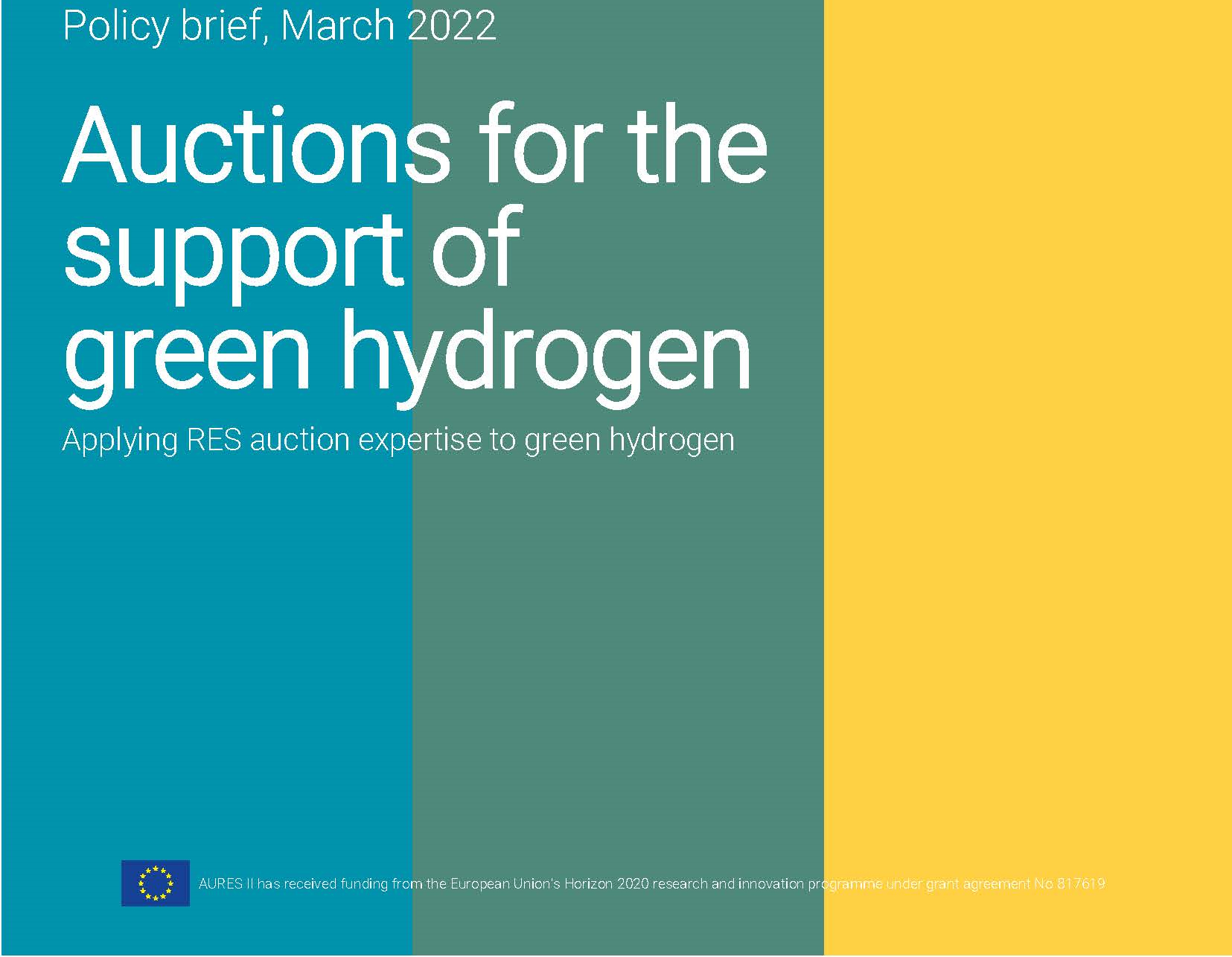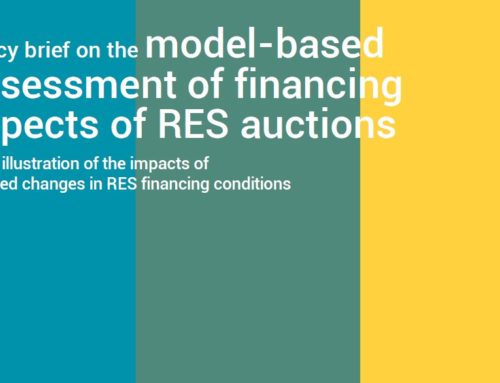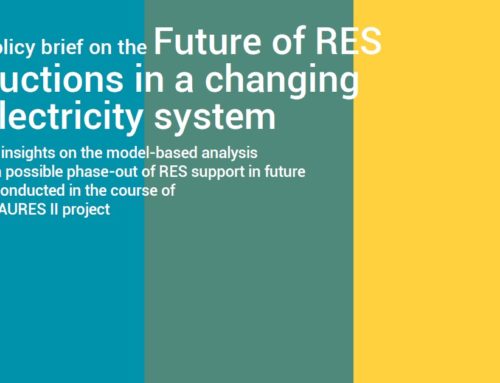Renewable hydrogen is seen as a key solution to achieving climate neutrality. The EU and its Member States have in the last years published hydrogen strategies to steer the ramp-up of the hydrogen market through frameworks and policy supportJust like administratively set support, auction-allocated su.... On its way to climate neutrality, the EU has set itself an intermediate target of minus 55% GHG emissions by 2030. To ensure the achievement of this target, the FitJust like administratively set support, auction-allocated su... More for 55 package was published. It includes several proposals, some of which are of high importance for hydrogen. For example, the European Commission proposes that Member States ensure that the share of renewable fuels of non-biological origin (RFNBOs) of all hydrogen used for final energy and non-energy purposes in industry reaches 50 % by 2030. The fulfilment of this target requires supportJust like administratively set support, auction-allocated su.... Hydrogen auctions could be used to allocate the supportJust like administratively set support, auction-allocated su... to eligible parties.
This policy brief aims at informing the debate on hydrogen supportJust like administratively set support, auction-allocated su... policies by providing practical, near-term considerations on auctions for renewable hydrogen supportJust like administratively set support, auction-allocated su... allocation and discussing four basic auctionAn auction is a market mechanism with the aims of allocating... models. We point out that any near-term policy needs to account for two main challenges – the missing market and infrastructure for RFNBOs. While electricity infrastructure is already today widely available, hydrogen infrastructure has yet to grow beyond dedicated industry clusters. The current market situation for hydrogen can best be explained as a chicken and egg problem. Currently, there is almost no demand for renewable hydrogen because it is very costly in comparison to alternatives. Hence, there is no supply of renewable hydrogen beyond pilot projects. The price of renewable hydrogen, however, can only drop if economies of scaleEconomies of scale are the cost advantages that enterprises ... and technological learning pick up.
Download the report here.




